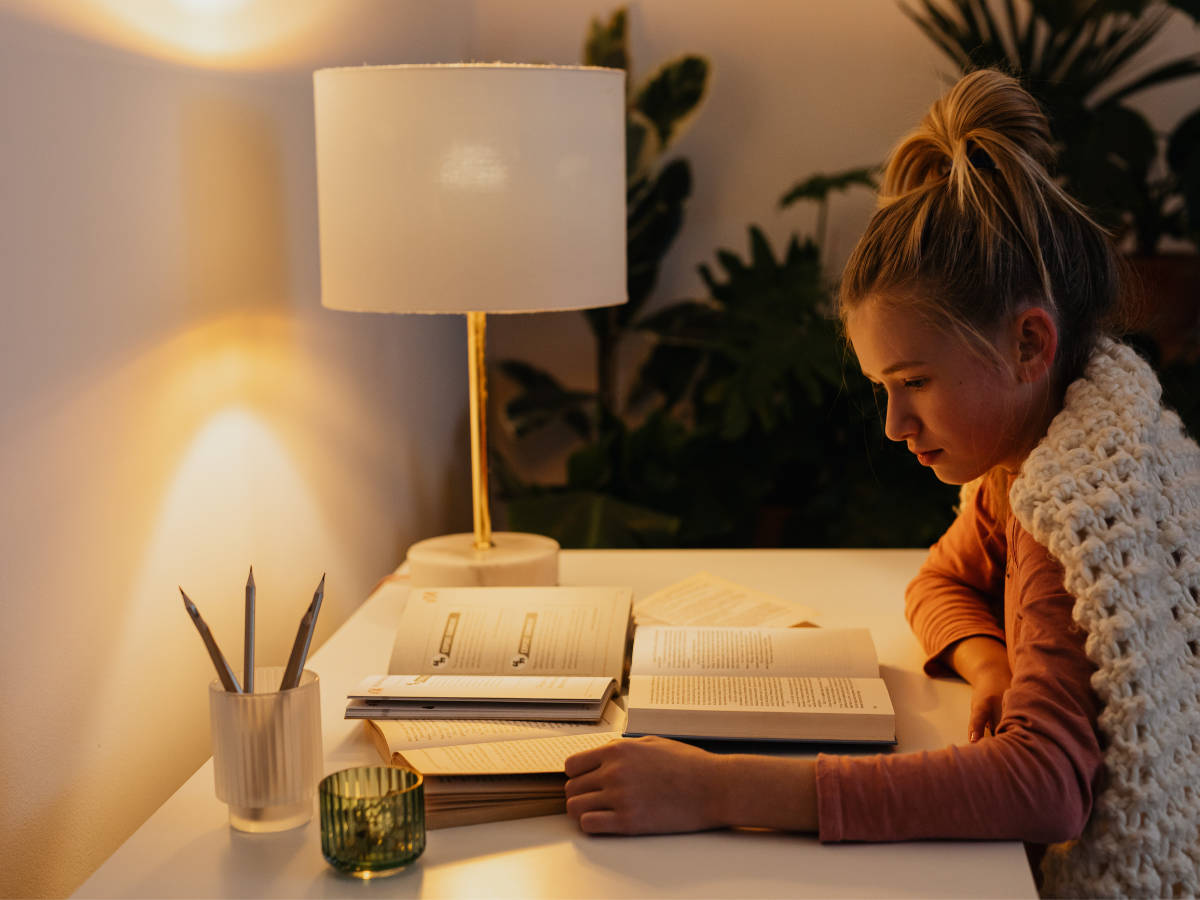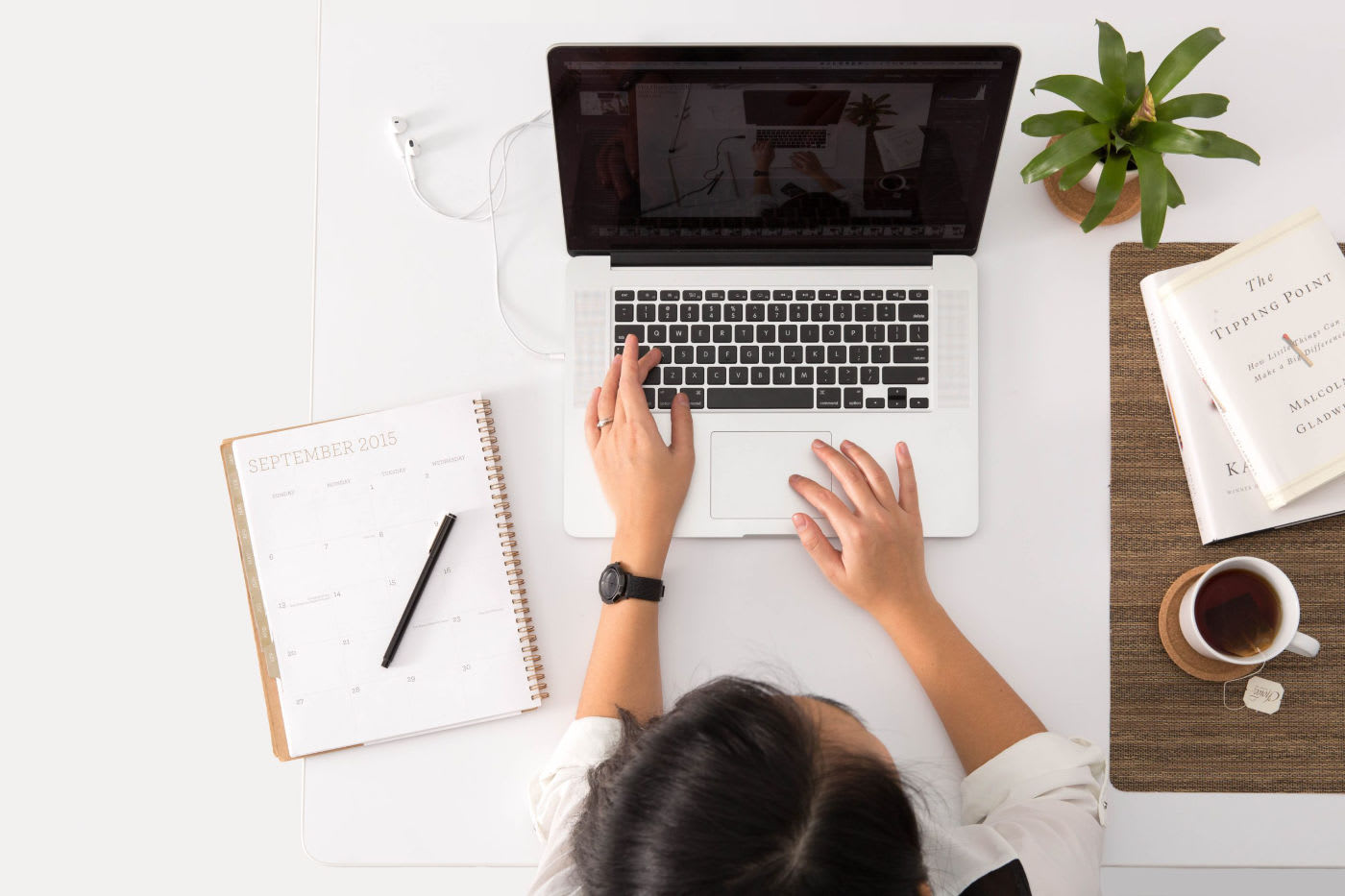
It’s very easy to plan to study for two hours every day for the next five days, after which we will be ready for an exam. With these plans, studying is always focused and uninterrupted. We get a lot done and even progress faster than our target pace. Great!
But reality is almost always far from this utopia. Long periods of intense concentration are not only quite difficult for us, as a species, but also prone to constant distractions, changes and interruptions.
Just when your brain is oriented to receive complex information about the ethical principles of justice, your mobile phone notifies you of new social media updates worth watching. Before you can really think about it, the feed is spinning before your eyes.
What’s the harm in a little break?
A lot, in fact. Interruptions, concentration on several things at once and constant reactivity make intensive concentration virtually impossible and, in fact, even change the structure of the brain so that intensive concentration becomes increasingly difficult.
Researchers are not yet fully clear about the effects of intensive smartphone use on the brain, but the results so far strongly suggest that it impairs the function of the frontal lobe, which controls self-regulation and concentration, and affects the mantle lobe, which controls emotional regulation. In other words, constant reactivity makes us more shortsighted and reduces our ability to concentrate on anything for a long time.
Studies carried out in the US a few years ago have shown that the average smartphone user spends more than four hours a day on their phone and checks their phone for new content about 50 times in that time! The trend has hardly started to decline recently, and it should be noted that this figure includes many elderly people, for example, who mainly use their phones to make calls. The figures for power users are therefore significantly higher.
In particular, social media and games are designed to be addictive so that users return to them or continue to use them just when their motivation is waning. TikTok or YouTube will recommend targeted and carefully calculated content just when you are in danger of getting bored.
Watching a video, a new like or clicking on an interesting headline triggers a dopamine rush in the brain’s reward system and a feeling of pleasure as we discover something new and feel socially part of our group. Similarly, when we are away from the land of eternal promise that is social media, the stress hormone cortisol in the brain increases for fear of missing out on something essential (FOMO). This is when a notification of new content that interests you reaches you, and a click brings a familiar feeling of pleasure.
In terms of learning, it is the loss of attention and concentration that are the most significant consequences of intensive smartphone and social media use. We simply do not know or cannot concentrate with the intensity required by the subject we are studying. Even if we can concentrate, a constant state of readiness ensures that we are ready to react to the first external stimulus or distracting thought that interrupts our work.
Our tired brains are also not very good at absorbing information, and motivation to study is poor when a single click provides a significantly larger burst of pleasure. We know that achieving our goals would bring the same but a more lasting feeling of joy. Still, we easily choose the quickest path to satisfaction.
How to eliminate distractions in advance?
Distractions are everywhere and we routinely react to them without even realizing that our focused work has been interrupted. It is, of course, possible to some extent to teach ourselves not to react to most stimuli, but this requires a huge amount of repetition and willpower, and we lose focus on what is essential, namely studying.
The easiest way is to weed out the stimuli in advance so that willpower and concentration can be fully devoted to intense concentration. Start with these concrete and practical tips:
Mute all notifications on all your smart devices
You’re guaranteed to respond to a message or social media alert if your smartphone thinks there’s something worth responding to. Even if you’re able to resist the temptation to check what’s going on, part of your focus is already given over to an automated chain of events that triggers ever stronger impulses to grab your phone.
Your brain craves the instant gratification of dopamine, which you get whenever you feel you’ve discovered something new and relevant. Eventually, you’re overwhelmed, and your concentration is shattered.
Put your phone out of reach when studying
Even if you’ve turned all notifications to silent, the temptation to check your phone can still be irresistible. Make it harder on yourself by putting the phone in another room and giving yourself permission to check it only after a break.
There are even separate phone-dedicated safes that only open after a set window of time, but hopefully, you won’t have to go that far.
Keep only the apps you need for studying open
If you study or work on a computer, make sure that only the applications and/or services you need for your studies are open. Again, every extra notification or the mere possibility of starting a YouTube video will break your concentration.
If you find that you unconsciously open your browser anyway or end up going back to your email again and again, it’s worth putting your computer on airplane mode or using a service like Freedom, which allows you to block yourself from accessing distracting services in advance.
Make sure the room is quiet or you have suitable music for studying
Sounds are also external stimuli to which we react unconsciously and sensitively. Even if you don’t notice the sound, some of your attention may be drawn to it. For example, if someone is talking nearby and mentions your name, you can be sure that your attention will be fully focused on that conversation. Earplugs or headphones are an easy solution to block out extra noise.
Music can help you concentrate, and the style of music that works for each person is quite individual. Some people like deep techno or black metal, while for others, classical music creates the best concentration. For others, music is just a distraction. The most important thing to consider when choosing music to study should be:
- Instrumental music works better because listening to lyrics can steal your attention.
- Familiar music that creates a good mood works better than music that is unfamiliar. In this case, the music plays the role it should, i.e., as background music, rather than distracting you.
- Keep the music low enough to make it easier to keep it as background music only.
Keep your study space clean and minimalist
You’re likely to be working at a desk, no matter where you are. Make sure your desk is tidy and only has the supplies and equipment you need to study. Any loose paper is a subconscious reminder of an unfinished task or something that might need your attention. A tidy workstation is yet another relief for your overworked brain.
Make concentration social
Intensive concentration doesn’t have to be a solitary effort, but if you’re studying in a room with other people, it’s worth making sure beforehand that they don’t interrupt you. Mentioning it is usually enough. Explain that you will be concentrating intensively for the next half hour and that you hope to work without distractions. In return, also give people around you peace of mind, or better yet, concentrate together and use each other’s concentration to motivate your own work.
There are many other ways to improve concentration. If you are interested in this topic, you should try our free lesson.
Have fun learning!




